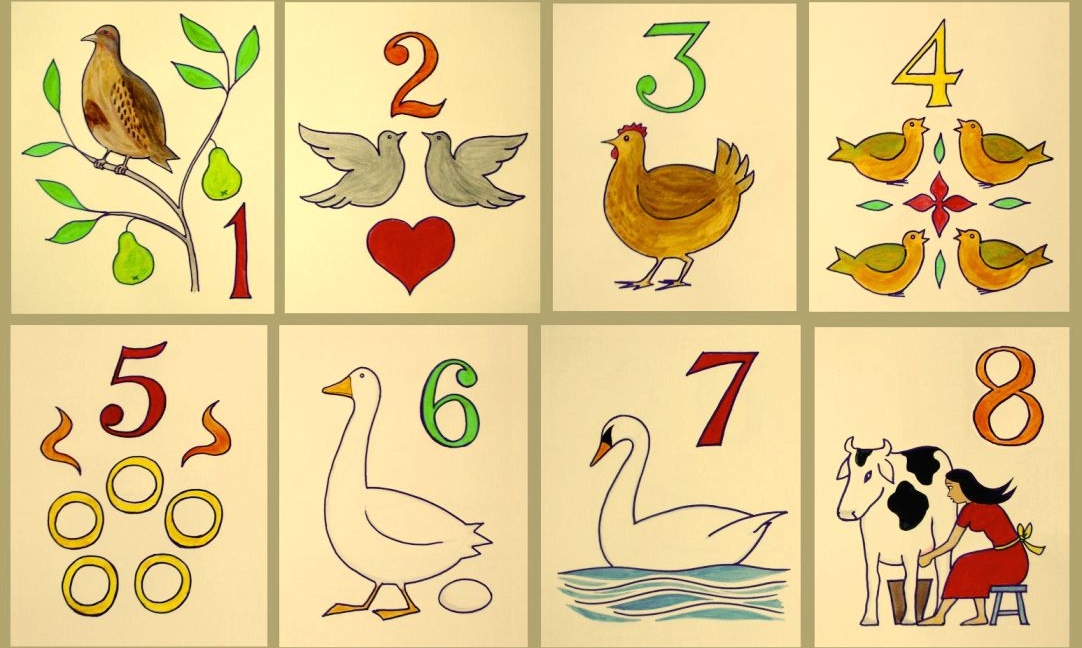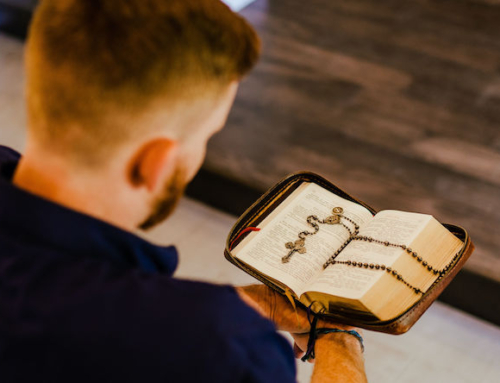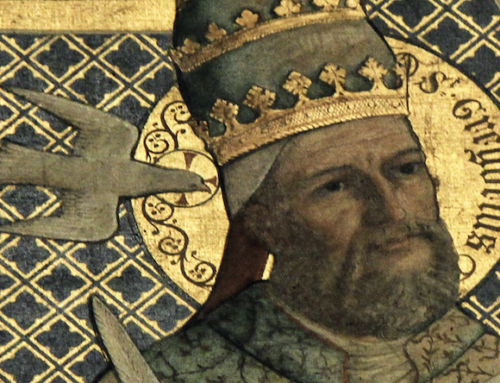Christmas always stands out. Of course, it’s the second highest feast in the Christian calendar, but, still more, it’s the head of all feasts for any kid’s calendar.
As the product (and survivor) of the New York City Public School System, I saw this in a very particular way. I was blessed with a very good education, but also, unsurprisingly, a very secular one. Lessons mentioning religion and culture at P.S. 173 were pretty distinct from the daily grind. And so, I learned (and remembered) the Twelve Days of Christmas, which, I learned later, marks the days from Christmas itself through Epiphany, twelve days later, on January 6th.
Granted, it’s Easter, not Christmas, but the connection will soon become apparent.
However well you remember this hymn (which, despite the beautiful parallels, probably wasn’t a secret catechetical device), no doubt you will remember this line:
As catchy as the carol is, it’s also very unusual. No 4th-grader I knew ever asked Santa for anything mentioned, whether for day one’s partridge, or the eleven lords a leaping. And yet, if the video above is any indication, children everyone loves to belt out five golden rings! on day five.
Now, tomorrow marks the fifth day of the Easter Octave, and our stockings remain empty. Sure, I snagged a Cadbury egg and a nice glass of wine at the Easter meal, but the goodies petered out after that. As any fellow New Yorker could say: what gives? This Easter, I’m not even close to matching the twelve things I was promised at Christmas. Nor is this anything new. By my (cursory) examination, it seems that all the apostles received at the Resurrection were Christ’s old burial garments (head and body cloths), a free breakfast (Jn 21:12), and a charge to preach to the ends of the earth (until the end of the earth). And the giving went both ways: on one occasion, Our Lord even asks the disciples for a fish to eat, to prove He is not a ghost.
If Easter is the height of the Church’s year (above even Christmas), why do Christmas carols come to us more easily than Easter hymns? Why do they seem to promise us more?
The answer can be found, among other places, in the Church’s liturgy. In the present day, there are only two feast days that are so solemn that the celebration is extended over eight days: Christmas and Easter. However, these two octaves are observed very differently.
For the Christmas Octave, the liturgy is focused on Our Lord’s birth, but dwells also on St. Stephen the first martyr, St. John the Beloved Disciple, the Holy Innocents slaughtered by Herod, St. Thomas a Becket, and Pope St. Sylvester I, as well as the Feast of the Holy Family of Jesus, Mary, and Joseph. The liturgical cycle for Christmas is an assortment of saints and celebrations that would rival any Christmas list or grab bag.
The Easter Octave is not like this: Easter is so glorious as to admit no possible distraction. Any other feast or memorial falling during the Octave is suppressed that year, and the biggest solemnities (like the Annunciation) are transferred to other dates. With this singular focus, there is no Easter hymn to parallel the potpourri that is “The Twelve Days of Christmas.”
And yet, even without a bag of gifts, this week still offers us plenty. St. Peter, in our reading today, says “Silver and gold I have none, but what I do have I give you: in the name of Jesus Christ the Nazorean, rise and walk” (Acts 3:6). Content to receive an unexpected healing over an expected handout, the man, once crippled, now clings to Ss. Peter and John in a way reminiscent of St. Mary Magdalene clinging to the Risen Lord.
Unlike the twelve gifts all children can at least imagine, the Resurrection and its power, as signs of contradiction, are trickier to grasp. The only way to receive them is through faith that transforms each Christian to his very depths. It is no surprise that children (and adults) often miss this. It’s still less surprising that public schools are keen to avoid such questions and the controversy it might generate. However, the work wrought in the Lord’s Resurrection is the only thing that gives purpose and meaning to Christian liturgy, and the Christian life. This includes Christmas and its joyful carols. “If Christ had not been raised, our faith had been in vain.” Divorced from the redemption won at Christ’s death and resurrection, Christmas is simply another birthday.
In these days of Easter, Christ offers us the One Thing Necessary: Himself. “None but Yourself, Lord,” said Aquinas.
There is One Gift sent by Christ who has gone unmentioned, for the Octave is not the last word on the Resurrection. The Holy Spirit, and Counselor, has been poured out at Pentecost, sent by Christ the Son from the Father. The Holy Spirit will manifest Himself in His sevenfold gift, and in His twelve fruits, shining forth from each Christian living the life of grace.
What else is on your list?
✠
Image: Xavier Romero-Frias, The Twelve Days of Christmas song poster







